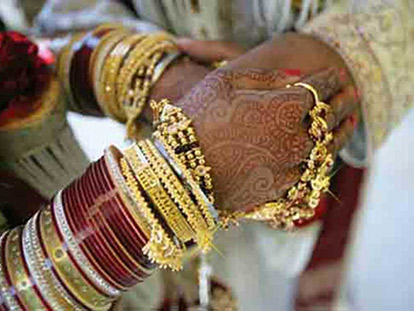Mar
Mar
What you need to know about racial profiling
Written by Taiwo and Kehinde OlalereAs we celebrated Black History month in February and the progress made in trying to achieve equality for all persons, it was also a time to reflect on another issue: the serious epidemic of racial profiling currently facing people of colour and other visible minorities from regions such as the Middle East and Asia.
Racial profiling has been defined by the Ontario Court of Appeal as criminal profiling based on race. It is when race plays a role in the decision of a police officer to stop, detain, investigate, and/ or arrest an individual.
It also involves differential treatment of persons from racialized communities by Police Officers when compared to their Caucasian counterparts. This differential treatment becomes obvious when minorities are targeted for various reasons such as race, appearance, clothing and/or perceived lifestyle.
According to decisions by various courts and the Human Rights of Ontario Tribunal such as the Brown case, Nassiah case and Phipps case, racial profiling is an everyday reality for minorities in Canada.
Examples of cases of racial profiling may include the following situations:
- where a Middle Eastern person is arbitrarily stopped while driving and questioned because the occupants of the vehicle are Arabs.
- a black woman is stopped while walking down the street and when she asks why she was stopped, she is arrested and falsely charged with criminal offence
- a black youth is stopped in his 2011 Mercedez Benz, questioned inappropriately about ownership of the car, his occupation, his country of origin, and falsely accused of breaking traffic laws
- a man of Hispanic origin is stopped for question simply because he wears jewellery, baggy clothing and fits a particular profile.
Because of the occurrence of such experiences, minorities have coined phrases such as “flying while Arab”, “driving while black”, “shopping while black” and “walking while black” to describe their differential treatment at the hands of police officers and other law enforcement officials. These phrases capture in part, the impact of such discrimination and experiences on the affected groups. The negative impact of racial profiling cannot be underestimated. It is demeaning, humiliating, degrading to the victims of such police actions and causes a lack of trust in police officers by people of colour. It is a flagrant violation of the human rights law by those who are suppose to protect all persons regardless of race, colour, ethnic origin or country of origin.
To effect positive change, it is important that members of racialized communities who experience racial profiling not keep silent. They should seek redress through the legal avenues available to them. Among these legal avenues is the Human Rights Tribunal in each province which allows victims to seek remedies. Remedies can include financial compensation and public interest remedies such as policy changes, training of police officers on race issues and sensitivity training.
Victims should seek the counsel and representation of an experienced human right lawyer before commencing the human rights complaint before Human Rights Tribunal.
This article was written by identical twins, Taiwo Olalere and Kehinde Olalere, practicing Human Rights law and Immigration at Olalere Law Office. They can be reached at 613-799-7572 or through by email at This email address is being protected from spambots. You need JavaScript enabled to view it.
This article was produced exclusively for Muslim Link and should not be copied without prior permission from the site. For permission, please write to info@muslimlink.ca.
